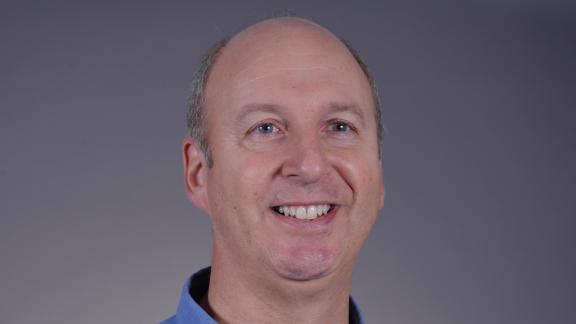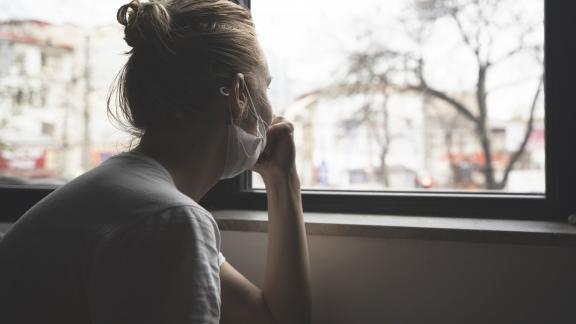'I'm not mad, I'm me'

Tom Bingham and his communications team wanted to engage with the public to demonstrate that recovery is very much an option when it comes to complex mental health conditions. Tom explains how they went about tackling the stigma that is commonly associated with complex mental health conditions.
For many, the day-to-day realities of running a secure psychiatric hospital are shrouded in mystery. Misinformation, and depictions in popular culture of padded cells and straitjackets, could not be further from the truth.
Things have radically moved on since mental health was largely feared. Nowadays, talking therapy plays a major part in many people’s care packages along with understanding, acceptance and learning how to deal with difficult emotions.
Shifting thinking
My team wanted to find a way to help shift people’s thinking and educate them about what life is really like inside a secure psychiatric hospital. So, when the idea of producing a 30-minute documentary was first discussed it seemed like the ideal opportunity.
We decided early on that we wanted to use this short film, I’m Not Mad, I’m Me, to promote positive stories of hope and recovery, while also highlighting the range of treatments we deliver at St Andrew’s. But we needed patients so they could tell their own story. This was our first challenge.
Our clinical team was very enthusiastic about the idea. They too could see the benefit of giving our patients a voice and promoting the therapy options we provide. They started to approach patients that were about to be discharged to see if they might wish to participate. It was a delicate process as, understandably, many people are private about their health. But eventually we had our stars: Kayleigh, Charlie and Jo.
The challenge now was to ensure our key protagonists fully understood what being in the documentary would mean for them. This involved lots of conversations with the three of them, both from their clinical teams and members of the communications team.
Getting the documentary underway
“They were adamant they wanted to participate in a bid to help others who may be going through the same struggles that they had.”
We explained their participation would involve talking about their condition and their treatment. We also ensured they were aware that we would be unable to control who watched the film once it was posted online. In addition, we made the trio aware that newspapers, radio and TV may wish to talk to them at some point, which they might find daunting – though we would be on hand to support them throughout.
None of this dissuaded Kayleigh, Jo or Charlie. They were adamant they wanted to participate in a bid to help others who may be going through the same struggles that they had. It was only when all parties were satisfied that planning for the documentary got underway.
Our senior communications manager, Jo, spent a lot of time with Kayleigh, Charlie and Jo. She slowly introduced them to the camera, and at every stage she ensured they were happy to answer questions about their recovery.
The whole filming process took about three months and by the end of it we were left with an honest account of three young people’s mental health journeys.
Reminding staff of their impact
“…even if you have the most complex of mental health conditions, there is light at the end of that - sometimes very hard to reach - tunnel.”
In parts, it was heart-wrenching to see and hear what they’ve been through, and it was a stark reminder to all of us how important our mental health is. But, from the feedback we’ve received, the film did its job. Not only did we remind our own staff at St Andrew’s about the enormous impact they can have on our patients’ lives – something I think they sometimes forget – we’ve hopefully also educated people to show that individuals with complex mental health conditions are just normal people who have an illness and that they can recover from it with the right support.
But, more importantly I think we’ve managed to show how important hope is in someone’s recovery journey and that even if you have the most complex of mental health conditions, there is light at the end of that - sometimes very hard to reach - tunnel.
Since we premiered the documentary during a live stream in July, more than 5,000 people have watched the programme. It now permanently lives on the St Andrew’s YouTube page and we are busy entering it into a whole range of film festivals to try and spread the word even further.
Tom Bingham is communications director at St Andrew’s Healthcare. Follow Tom on Twitter @tbingham



